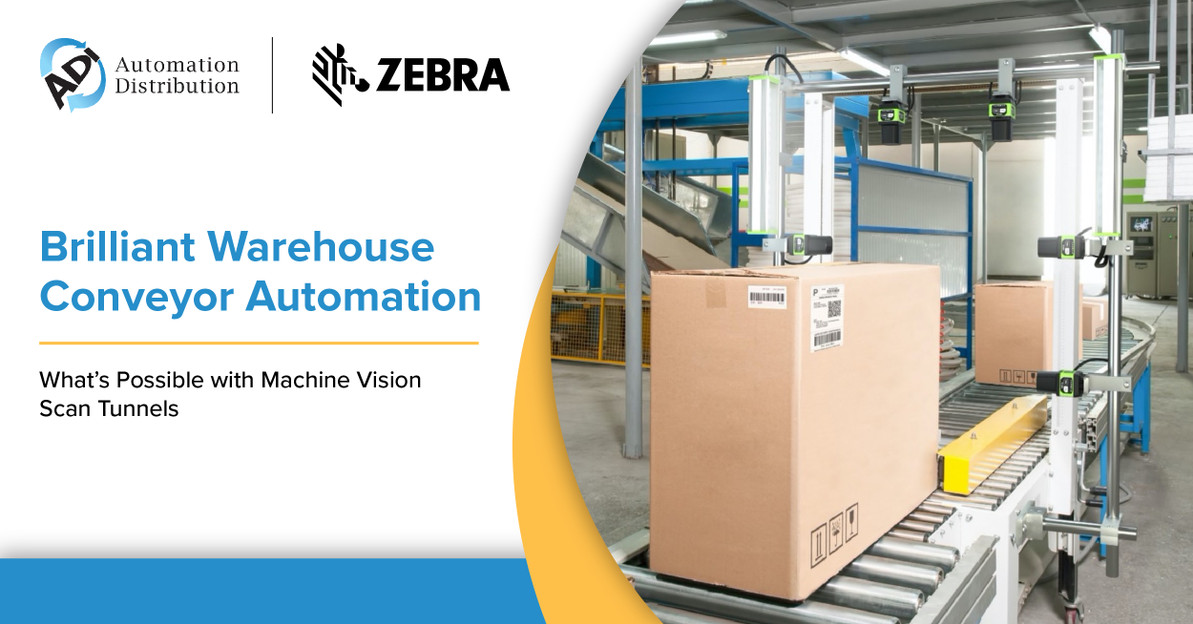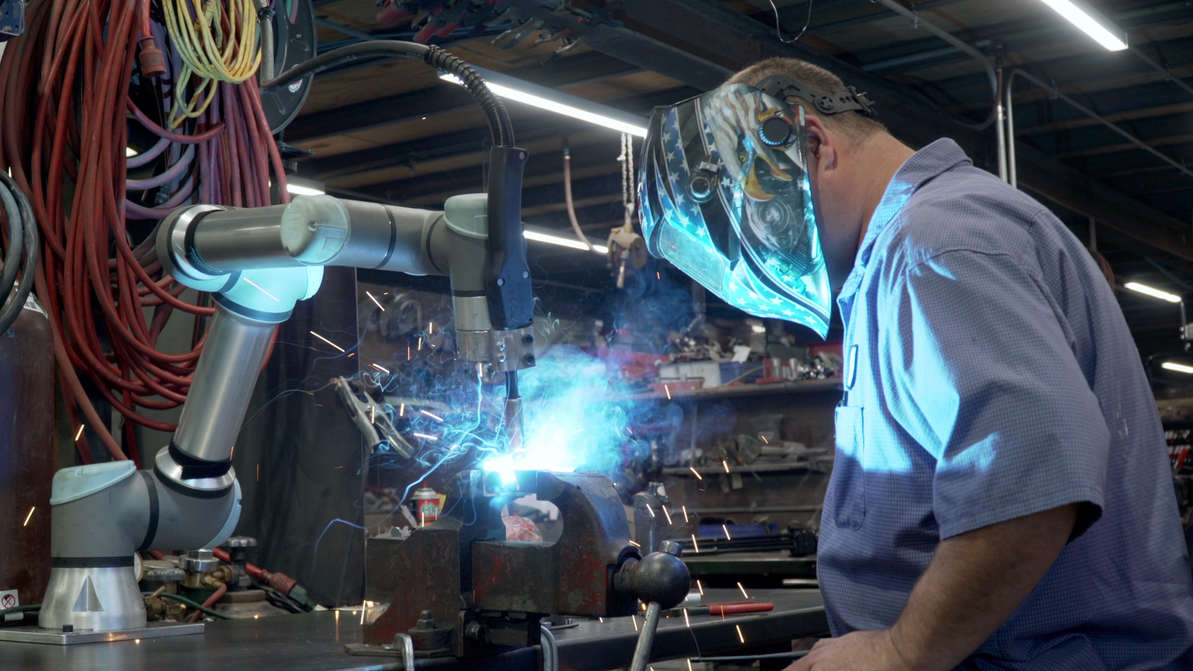Overcome the Top 3 Obstacles to Digital Transformation
Industry 4.0, the latest phase of the industrial revolution, represents a fundamental shift in the manufacturing landscape. It is characterized by the convergence of digital technologies and the physical world, where smart machines, data analytics, and the Internet of Things (IoT) transform the way we design, produce, and deliver goods. By harnessing the power of Industry 4.0, manufacturers can not only optimize their operations and enhance productivity but also adapt to rapidly changing market dynamics, reduce costs, and create a more sustainable and agile future for their businesses. This article explores the challenges and strategies of long-term digital transformation within the context of Industry 4.0, guiding manufacturers on their journey towards sustainable success.
Long-term digital transformation in manufacturing can be a complex and challenging process. To overcome the top obstacles and ensure the success of your digital transformation initiatives, consider the following strategies:
Resistance to Change
Leadership Support: Ensure strong leadership support and commitment to digital transformation. Top executives need to champion the initiative and communicate its importance to the entire organization.
Change Management: Implement effective change management strategies. This includes clear communication, training programs, and involving employees in the transformation process. Address their concerns and demonstrate the benefits of the changes.
Cultural Shift: Foster a culture of innovation and continuous improvement. Encourage employees to embrace change and view digital transformation as an opportunity rather than a threat.
Legacy Systems and Integration
Assessment and Planning: Begin with a comprehensive assessment of your current systems and infrastructure. Identify which systems can be modernized, which can be integrated, and which may need replacement.
APIs and Integration Platforms: Invest in robust API frameworks and integration platforms to facilitate the seamless exchange of data between new and existing systems.
Gradual Migration: Plan for a phased approach. You don't need to replace everything at once. Start with low-impact areas and gradually work your way up to critical processes.
Cybersecurity and Data Privacy
Security by Design: Build security into your digital transformation strategy from the beginning. Identify potential security risks and develop mitigation strategies. Consider cybersecurity as an integral part of the transformation process.
Data Governance: Implement a robust data governance framework. Define data ownership, access controls, and data protection policies. Regularly audit and monitor data access and usage.
Employee Training: Train your workforce in cybersecurity best practices. Ensure that everyone understands their role in safeguarding data and systems. Regularly update training to keep up with evolving threats.
Additionally, keep in mind the importance of:
Clear Objectives: Define clear, measurable objectives for your digital transformation. What specific outcomes are you aiming for? Having a well-defined roadmap helps keep the project on track.
Vendor Selection: Choose the right technology partners and vendors with experience in manufacturing digital transformation. Consider their track record and the compatibility of their solutions with your existing systems.
Data Analytics and Continuous Improvement: Leverage data analytics to monitor progress, identify bottlenecks, and make data-driven decisions. Encourage a culture of continuous improvement.
Regulatory Compliance: Ensure your transformation aligns with industry-specific regulations and standards, such as ISO 9001 for quality management in manufacturing.
Scalability: Design your digital transformation strategy with scalability in mind to accommodate future growth and evolving technologies.
Budget and Resource Management: Allocate sufficient budget and resources for the project and regularly review financial and resource needs.
Digital transformation in manufacturing is an ongoing process that requires adaptability, persistence, and a commitment to innovation. By addressing these obstacles with a well-structured approach, you can increase the likelihood of long-term success. Schedule my 15-minute digital transformation assessment.
Recent Posts
-
Introducing the Turck Q130 HF Read/Write Head: Revolutionizing RFID Data Management
In today's fast-paced industrial landscape, efficiency and accuracy are paramount. The ability to se …Apr 30th 2024 -
Using Scan Tunnels to Track, Sort and Route Warehouse Packages
If you’re using conveyor lines to move products, packages and shipments through your warehouse, the …Apr 17th 2024 -
Embracing Collaboration: How Universal Robots Transformed DeAngelo Marine Exhaust
When the welding robots made their debut at DeAngelo Marine Exhaust, there was a mix of excitem …Apr 11th 2024




